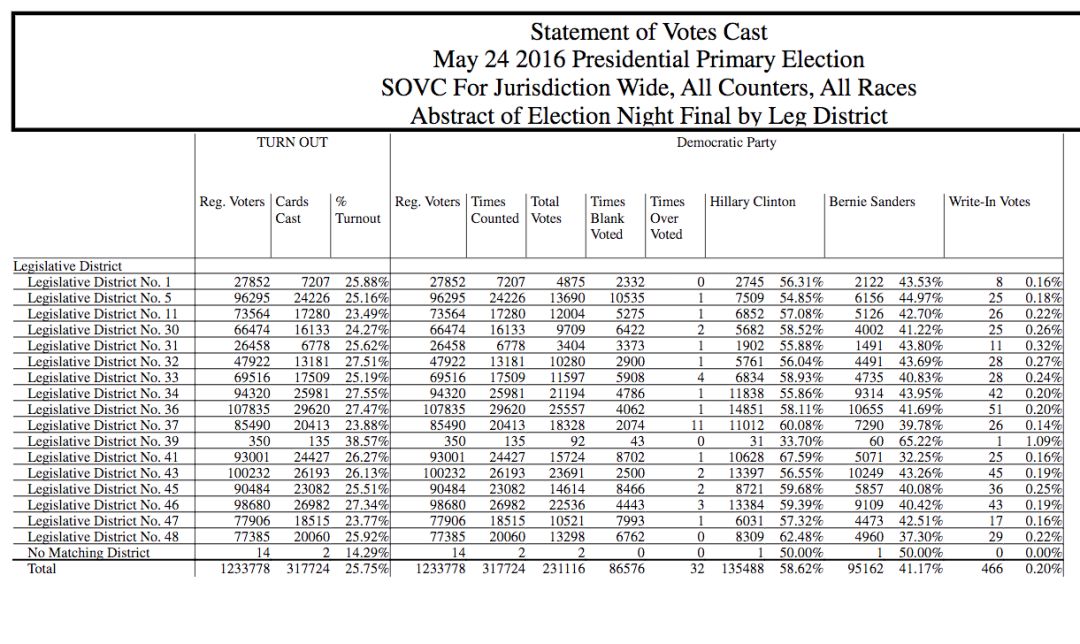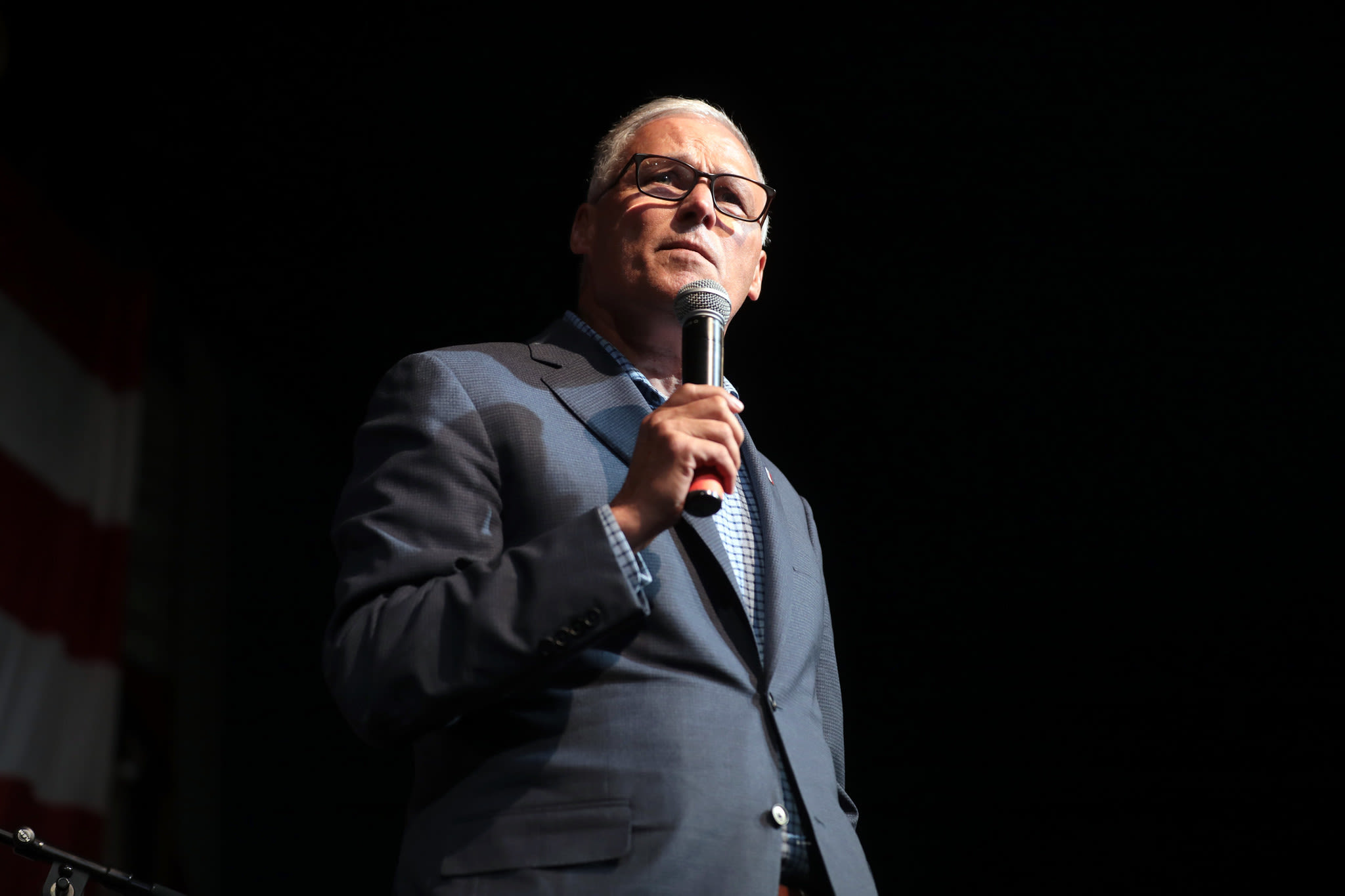The Vote Breakdown, the Process Breakdown, and the Regulation Breakdown

1. The McDermott Race
Political consultant Ben Anderstone published some intriguing analysis in Crosscut based on last month’s presidential primary showing that Donald Trump’s ascendancy is hurting the Republican Party in King County.
But there’s some other data which has implications for this year’s Democratic race.
While Anderstone did note that Seattle favored Hillary Clinton over Bernie Sanders, if you zoom in on the details, those numbers show that the specific legislative districts that make up the 7th U.S. Congressional District, where there’s a hot contested Democratic intramural going on to replace retiring U.S. representative Jim McDermott (D-WA, 7), the pro-Clinton numbers become even more meaningful.
In other words, this isn’t a race for the Seattle city council, which is how lefty (and perceived frontrunner) state senator Pramila Jayapal (D-37, Southeast Seattle), who’s been hyping her Sanders endorsement, seems to be playing it.
The legislative districts that make up more than 90 percent of the 7th Congressional District went 57.2 for Clinton. (Statewide, Clinton won with 52 percent.)
And the LD that has the biggest percentage of voters in the 7th Congressional District, the 36th Legislative District (Ballard), had even higher numbers for Clinton—58.11 percent.

Of course, turnout in a May primary doesn’t parallel a November presidential general election, but it does tack close to an August primary, when the field in the 7th will be narrowed down from three main candidates—Sanders supporter Jayapal along with Clinton supporter Joe McDermott and won't say Brady Walkinshaw. (However, as is the case in Washington state, the higher the turnout, the better Clinton seems to do.)
Funny side note: Jayapal’s own Southeast Seattle 37th LD, which only makes up about one percent of 7th CD voters, went the highest of all for Clinton in Seattle—at 60 percent.
2. Airbnb Regulations
Seattle Times reporter Daniel Beekman has the details on City Council member Tim Burgess and mayor Ed Murray's proposal to regulate Airbnb; the proposal would discourage landlords from morphing year-round rentals into temporary rentals (which Burgess worries is diluting housing stock) by limiting short term rentals for non-resident owners to a total of three months out of the year. That seems to be a solution in search of a problem, though: 82 percent of Airbnb style short-term rentals are offered up by onsite owners.
Those onsite owners, who rent short-term stays in rooms in their homes, would be able to do so year round, but they'd have to get licenses and insurance. And Airbnb would have to provide the city with personal info on all the hosts.
Airbnb already pays the same hotel/motel taxes required by the state.
3. NIMBYs Lose in Green Lake
NIMBYs took a hit in the 9th Circuit Court of Appeals last week. Neighbors for Notice LLC sued the Seattle department of planning because they felt they didn't have enough say over a lot adjustment when a developer built a bigger property in Green Lake. However, the court shot down their argument that a procedural statute gave neighbors a constitutional property right over other people's property.
4. Renters' Rights
The Urbanist details the woeful tale of a renter who tried to win a seat on the Wallingford Community Council. The story, he didn't get the seat, highlights the importance of actually organizing around the issue—like Capitol Hill Community Council leader Zachary Pullin is doing. Pullin, who presented his idea at last week's Capitol Hill Housing community forum, noted that 52 percent of the city are renters, yet they aren't organized to influence housing policy at city hall.
If you want to get in on the ground floor (ha) of the effort, which Pullin is helping Capitol Hill Housing head up, send him an email at chcc.officers@gmailcom.




